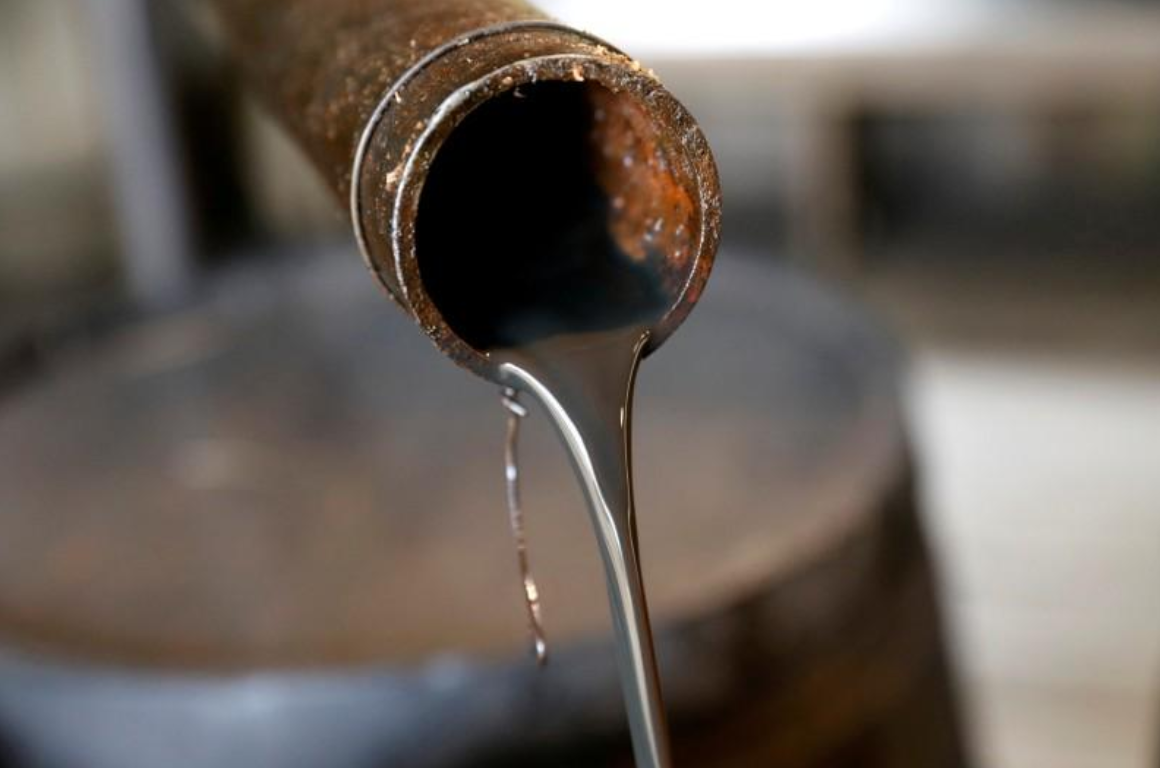Egypt's government plans to cut energy subsidies by setting a universal limit on how much cheap fuel and cooking gas every household can buy, Petroleum Minister Osama Kamal told a newspaper on Sunday.
An Islamist-led administration that took office in July has vowed to push through reform of the subsidies, which consume as much as a quarter of the state budget, to lower an unmanageable deficit and shift funds to health and education.
Economists say the IMF will not release a US$4.8 billion loan until Egypt shows how it will cut a deficit that ballooned after a popular uprising tipped the economy into crisis last year.
The government has committed itself to subsidy reform without saying precisely how or when it will happen.
The plan outlined by Kamal in an interview with newspaper Al-Shurouk would mean both rich and poor receive the same allocation of the subsidized fuel and would then pay a higher price for additional amounts consumed.
The government "is committed to subsidizing petrol for only one car per family", the paper quoted Kamal as saying.
Each car with a maximum 1.6 liter engine would be allocated around 1,800 liters of subsidized fuel a year, enough to travel 60 kilometer per day, he said, a "suitable estimate for average daily consumption of private cars in Egypt".
He was referring to 80-, 90- and 92-grade gasoline, while prices of higher-grade 95 gasoline would be raised to what the government pays for it.
Unspecified amounts of subsidized diesel, known as solar in Egypt, would be issued for trucks, three-wheeler passenger vehicles, mini-buses and buses for transporting children to schools whose fees are regulated by the state, he said.
Each Egyptian family would receive 1.5 to 2 cylinders of fully subsidized butane cooking gas per month and further consumption would be partially subsidized, Kamal said.
"The government can't move prices in one go so as to avoid raising average inflation significantly," he said. "All citizens will be treated equally, so whoever has a luxury villa will be treated equally to the rest in receiving butane gas cylinders."
He did not give a deadline for the start of subsidy rationing or specify what would constitute a family for the purposes of the plan. Another minister said last week that coupons for subsidized butane would be issued towards year-end.
A growing population and high global prices pushed Egypt's petroleum product subsidy bill to 28 billion Egyptian pounds ($4.59 billion) in the July-September quarter, up from 18 billion in the same period a year earlier, according to Kamal.
He said the scale of subsidy cuts planned for in the government's 2012/13 fiscal year budget would not be realized "because it was put on the basis that the restructuring would begin from early July and this has not happened".




